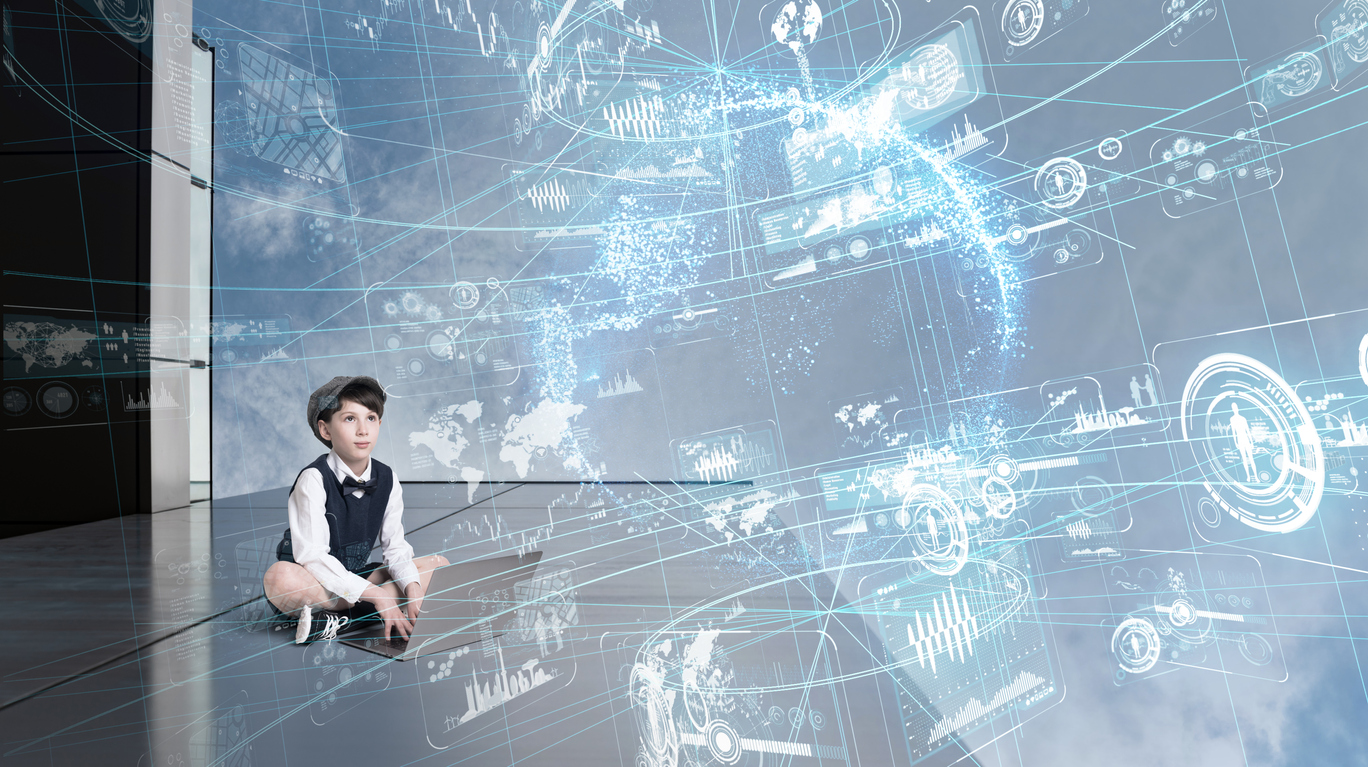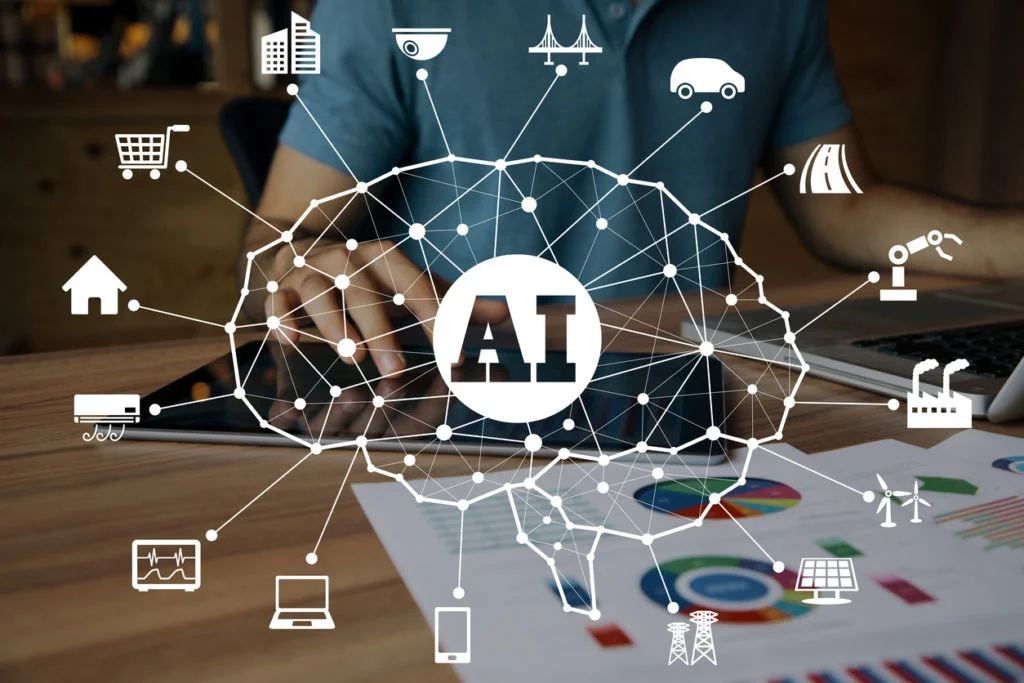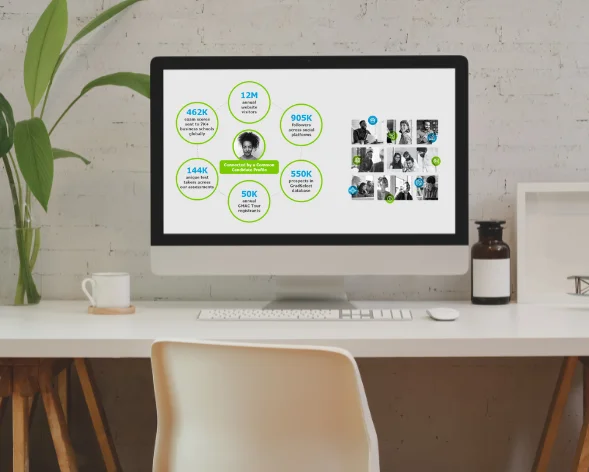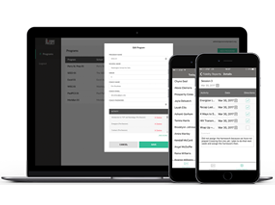In today’s world, technology plays a critical role in every aspect of our life, including education. In the education sector, the use of the technology is increasing by the day. The more the technology advances, the more the students and teachers are inclined to use it. As long as it is used sensibly, technology can provide individuals endless possibilities for learning.
Education technology not only provides a network to gather and share ideas, but it also makes available a platform where both teachers and pupils can research, collaborate, and debate. Any technology that has resources readily available for this can be extremely valuable in today’s technology-driven educational industry. AI has the potential to be that.
When we hear the term ‘artificial intelligence’ (AI), the first thought that comes to mind is smart robots performing advanced activities on their own or without any human assistance. While this is true, AI entails a lot more than just smart robots running errands on their own. Think Netflix movie suggestions, Amazon book recommendations, Google translation, digital personal assistants—these are all the AI applications that are fast becoming a key part of our daily lives.
AI has a huge potential in the education sector. According to the Artificial Intelligence Market in the US Education Sector 2018-2022 report, AI in education will grow at a CAGR of 47.77% during 2018-2022. With technologies such as AI and machine learning working together, it is easier than ever to process large amounts of data. This is good news for everyone associated with the education sector, including teachers, students, publishers, policy makers, etc.
AI and education are like a match made in heaven, as AI technology has what is needed to overhaul the education system and ensure that every pupil, regardless of their demographics, has a fair shot at academic success. In the following section, we discuss the 5 ways AI is bringing about a change to the education industry.
5 Ways AI is Changing the Education Industry
Of all the sectors, education has been the slowest to change. The good news is that many educators are willing to accept change and adopt advanced technology, if required. In fact, some schools have already embraced technologies such as virtual classrooms. Moreover, more and more students today are turning to smart devices instead of books for information.
When it comes to technology in education, a technology that trumps all is artificial intelligence (AI). Both inside and outside of the classroom, AI can have an impact on all levels of education. If you’re wondering how, the following are 5 ways AI is changing the education industry.
1. Personalized Learning
With AI, it is easier to pinpoint the educational needs of each student in a classroom. A much-needed help for teachers, this capability of AI allows them to specially formulate daily activities for students based on their understanding of educational subjects and concepts. The power of AI in education is best illustrated by Nao—a talking robot. A talking humanoid, Nao can teach everything from literacy to computer programming. Using Nao in classrooms is an effective way to improve the learning of young students. Not to mention, the robot can learn from children as well. It can learn stories and repeat dance moves taught by students, indicating AI technology’s capability to captivate students of all ages in ways that a human teacher may not be able to do. However, teachers should not see AI as an adversary because the technology is only there to make their jobs easier rather than to replace them.
For example, AI has the capability to learn the comprehension patterns of a student. Using AI technology, one can determine how students respond to and comprehend different learning styles and materials, as well as the pace of their learning. With this knowledge, it is easier for a teacher to craft a study course that can maximize student learning.
2. Automation of Administrative Tasks
Automating and expediting administrative tasks is one of the major benefits of using AI in education. This can be invaluable to both institutions and teachers. To allow educators to dedicate more of their time to one-on-one interaction with students, AI automates many of their administrative responsibilities. For example, AI can automate the processing and classification of paperwork to facilitate and expedite the admission process.
3. Automated Grading
Teachers spend a lot of their time grading homework or tests. AI can free-up this time for them by automating the grading process. Put simply, with AI, the role of a grader can be passed along. Currently, AI can be used to grade multiple choice questions (MCQs). However, as the technology develops and becomes more intelligent, it will be able to grade more than standardized assessments.
4. Addition of Smart Content
Robots today can create digital content with the same prowess over grammar as their human counterparts. Known as smart content, this technology has finally entered the classroom. With smart content, you can digitize textbooks or create customizable digital interfaces valid for students of all ages and grades.
An example of this is Cram101—a system that uses AI technology to condense textbook content into a study guide that is more digestible, and it does this through flashcards, chapter summaries, and practice tests. Netex is another platform that allows educators to design a digital curriculum and content across several devices, including video, audio, and on online assistant. Thanks to AI, educational video conferences and digital lectures are now a reality.
5. Virtual Lecturers and Learning Environment
While robots are unlikely to replace human lecturers anytime soon, there are virtual human guides and facilitators that use gesture recognition technology in a natural way to think, act, react like humans. This type of AI technology responds to both verbal and nonverbal cues. Additionally, with the University of Southern California (USC) Institute for Creative Technologies developing smart virtual environments and platforms, a more digital learning environment is not far from becoming a reality.
The Institute creates real virtual characters and social interactions by using AI, 3-D gaming and computer animation.
At Achievion, we can build AI software and apps powered by neural networks technology to help the education sector to simplify daily routines, personalize user experience and reimagine processes.









